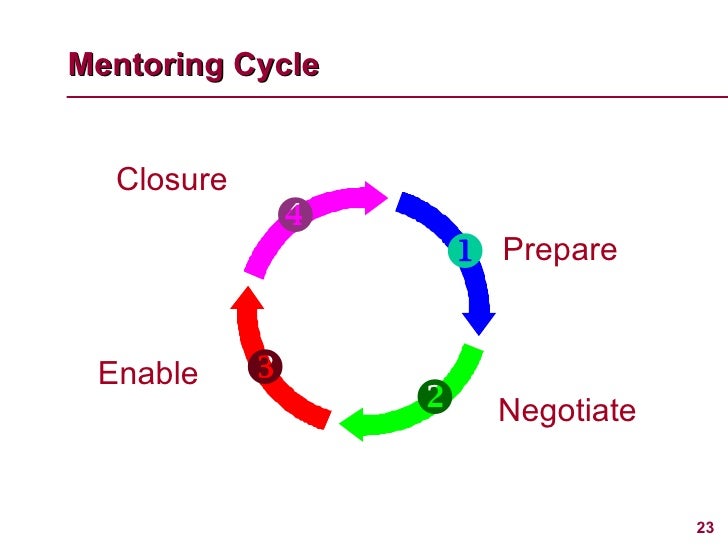"Even if it doesn't work, always have a plan...Without a plan I'm just throwing things against a wall and seeing what sticks. If something does work I can't necessarily identify what it was. With a plan, even if it does not work, I can look back on it, reflect on why it didn't work and actually learn something."
A quote from The Mentee's Guide, this very readable book, which resonated with me. It was describing a mentoring relationship that started with tennis and seemed to spill over to the rest of life. I like the idea of being able to reflect and learn, the expectation that not everything will work and that I will reflect and try something else. The permission to try and fail is important.
Elements of mentoring, as described in the book:
- reciprocity
- learning
- relationship
- partnership
- collaboration
- mutually defined goals
- development
I think I can make the most of a mentoring relationship, or at least grow into making the most of a mentoring relationship as described in the book. I'm anticipating growing the trust as we work together. The reciprocity of the mentoring relationship struck a chord - the idea of both working together with a commonly agreed goal in mind. The permission, even expectation that I, as the mentee, am asking for what is needed to take the next step.
I have had an informal mentor in the past. I found that the regular connection and encouragement from the mentor was really valuable. I also appreciated being able to bounce ideas around with the person which often resulted in new ideas forming.
I'm blessed to have a mentor who is a person I know and who is working in a very similar environment. I'm really looking forward to working more closely with her, learning and developing ideas.
_________________________________________________________________________________
Image Credits:
https://www.goodreads.com/book/show/6513321-the-mentee-s-guide
https://www.slideshare.net/cogdebby/mentoring-presentation


No comments:
Post a Comment